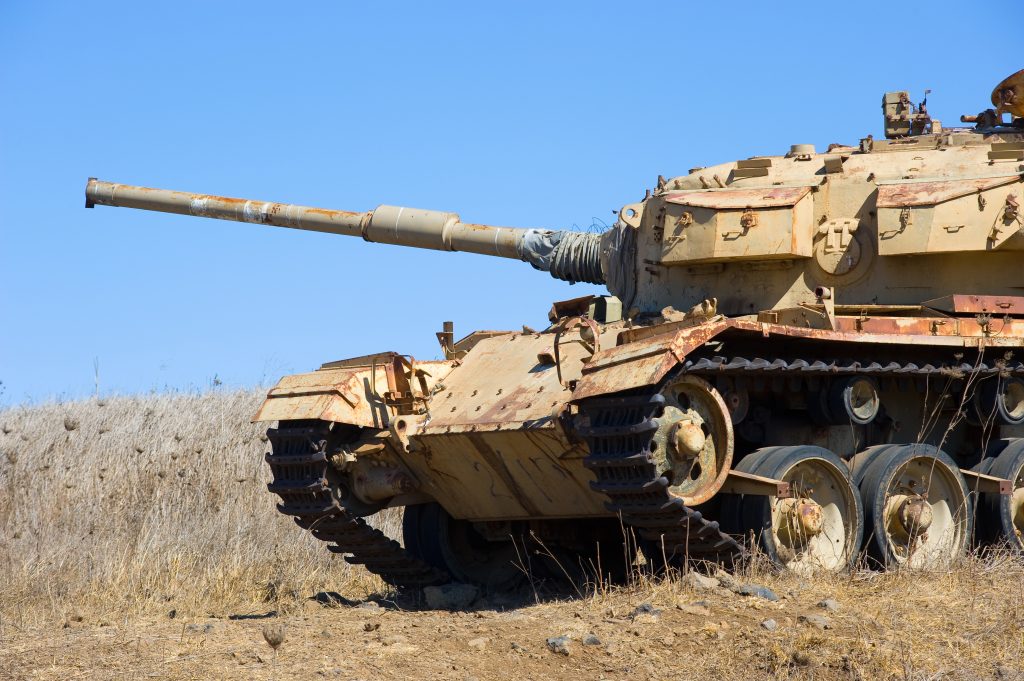The Yom Kippur War
The Yom Kippur War, also known as the October War, was a military conflict in the Middle East in 1973. Egypt and Syria launched an attack on Israel on the Jewish day of fasting Yom Kippur. The war owes its name to this day.
Cause of the Yom Kippur War
On 6 October 1973, Syria and Egypt decided to invade Israel. Their goal was to capture the Golan Heights and the Sinai region, which they had lost in the Six-Day War. The two Arab countries purposefully attacked Israel on Yom Kippur, because many soldiers were on leave then. However, this strategic move did not really work to their advantage. Most soldiers were quickly available on call despite the holiday. The Israeli army was therefore able to mobilize rapidly.
The course of the battle
Israel won the battle with Syria and held the Golan Heights. The war with Egypt did not go so smoothly. The Egyptian army had succeeded to cross the Suez Canal and enter the Sinai Desert.
In the final days of the war, Israel succeeded to drive out the Egyptian army. The Israelis took possession again of the west bank of the Suez Canal. The fight ended in a ceasefire on 24 October.
In total, the war took only three weeks. In military matters, Israel had won the Yom Kippur War. Yet it psychologically felt like a defeat. The still young Jewish state turned out not to be invincible.
The 1973 oil crisis
The Organization of the Petroleum Exporting Countries (OPEC) decided to punish the countries that had supported Israel during the war. This organization is made up of fourteen countries that control a large portion of the global oil supply. This includes countries such as Iran, Venezuela, and Saudi Arabia.
In the Yom Kippur War, the Arab countries of OPEC realized that they were in a rather unique position of power. They used this position of power to punish the West. After the war, they raised the price and limited the supply of oil. This was later referred to as the 1973 oil crisis.




